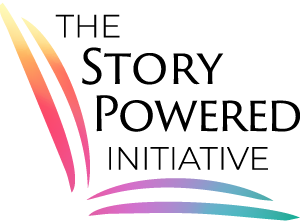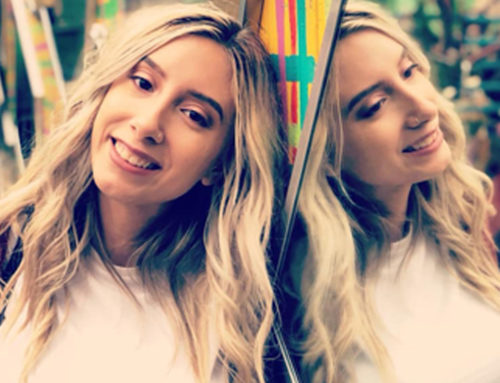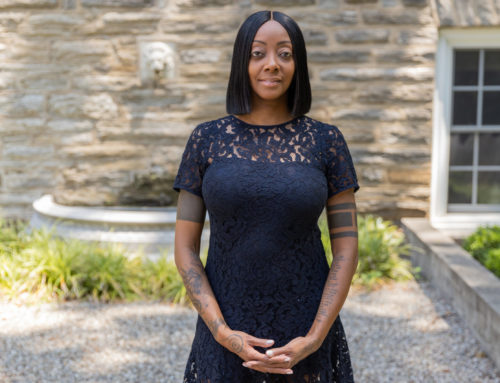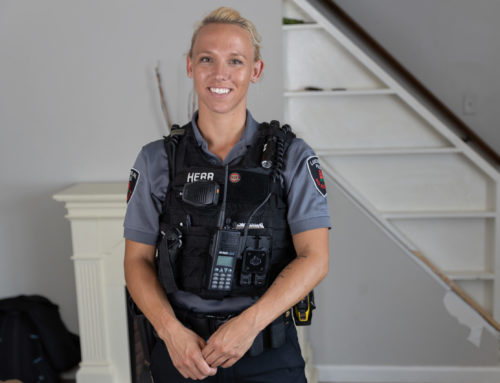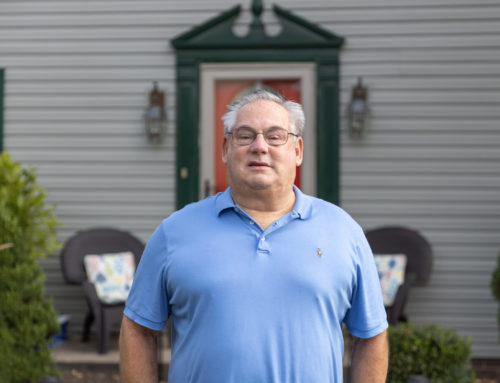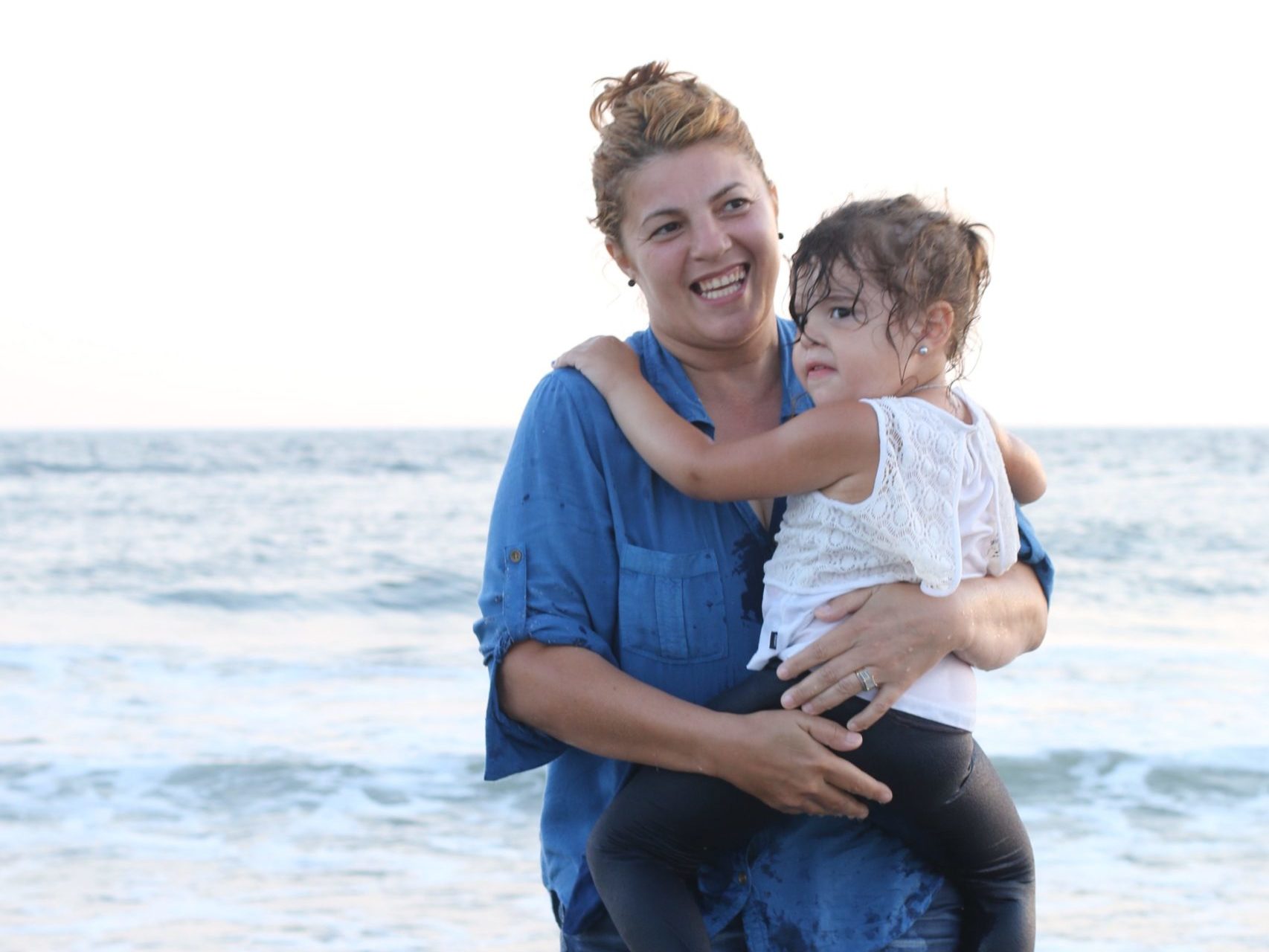
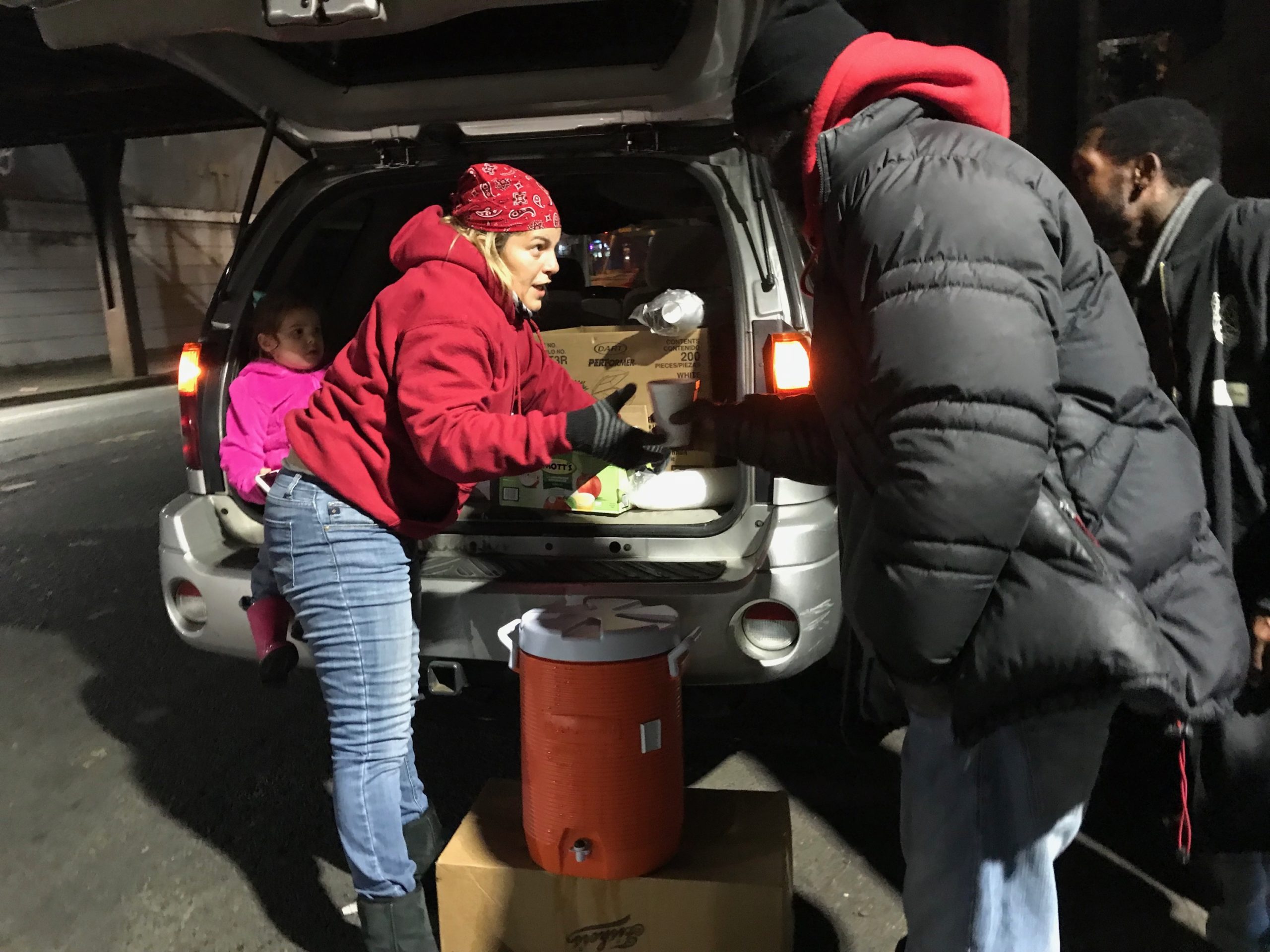
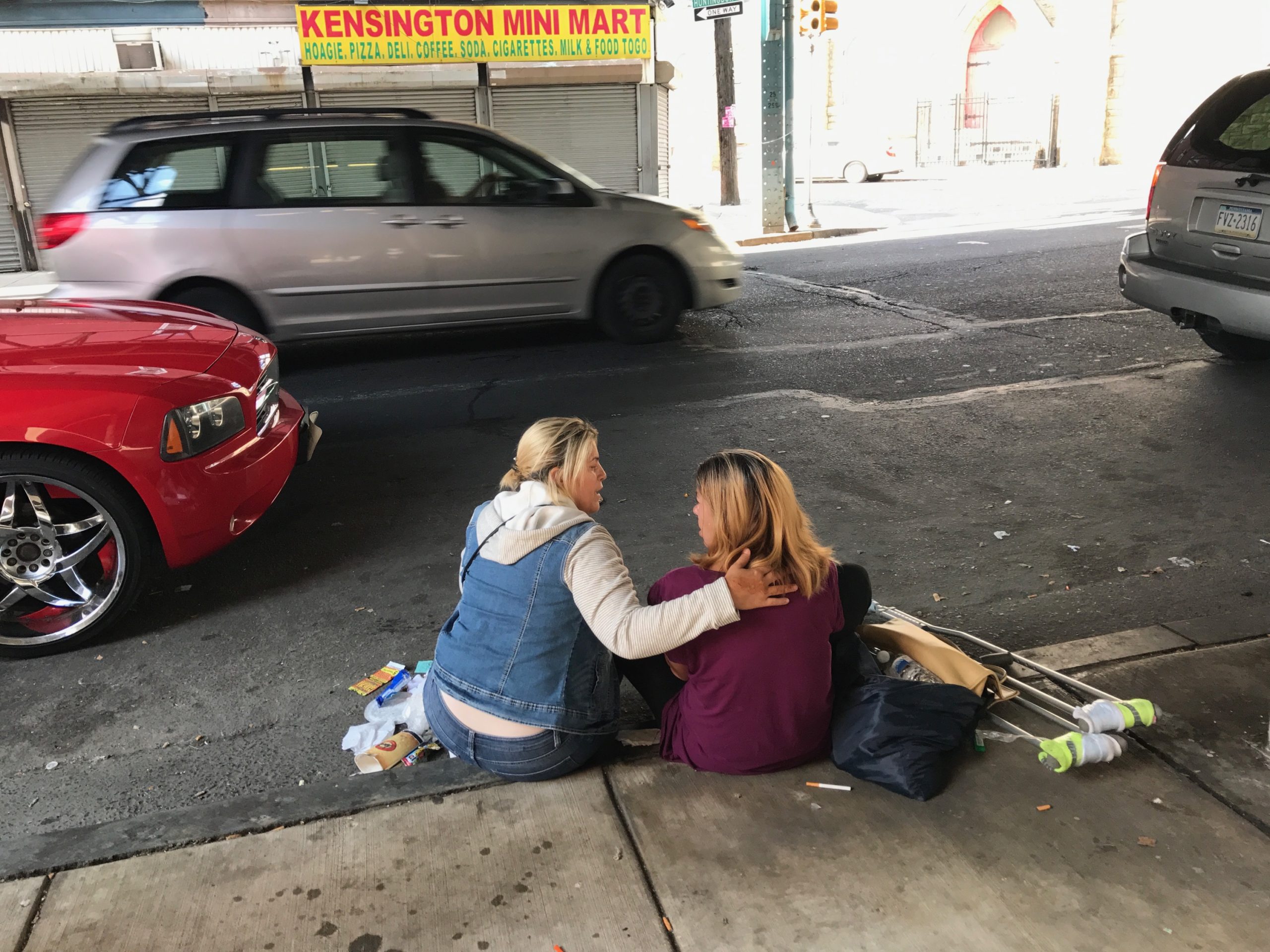
"I also taught them that some people will reject you and people push you to the side, but we can never do that to anybody. We want to make sure that we always embrace people, no matter how they look or what's happening."
I was born and raised in Puerto Rico. I came to the United States when I was five years old with my parents. We went back and forth a lot. We lived in northern New Jersey, and Connecticut, and by the age of 12 or 13, I ended up back in Puerto Rico. I grew up with my grandmother and my aunts and my uncles there. When I was 19, I came back to the United States and moved to Philadelphia. I did not know too much about Philly, so I began connecting with people. My first job was working at a thrift store in Kensington.
Back in the 1990s, I started to notice different people in the community using illegal drugs. At first, there was more drug use on the streets Second and Indiana at that time, but then it started to get even worse in Kensington. You would see people high all the time and using drugs, but it was not as open as it is was today. People would just do it wherever they could find a place, and then they would come out, but you would never see them out in the open like you see it now.
Growing up, I knew that some of my family members were on drugs, not because they did it in front of us, but we just knew that it was happening. They were not open about it to the family or anything, but everybody knew that this was happening with them. I remember one of my uncles using, and he was always looking for me because I would give him money. I never questioned him, but I always knew he was using. I would not say anything because we were not brought up to say what we feel so we just kept our mouth quiet. I used to think and say, “I would never want to be that way.” I was hurt because I loved my family and to see them go through that was hard. My uncle lost his wife and children because of his drug use. Throughout the years, some of his children began using drugs, and nobody ever talked about it. I used to think, “Oh, my God, I want to help them,” but I didn’t know how.
I had four children. My first two children’s dad was on heroin. I knew there was something wrong with him, but I didn’t know what it was. I just heard people say to me “he has the monkey on his back.” I was ignorant to a lot of things, and especially coming from Puerto Rico to the states. I finally realized that he was using heroin. I already had my kids, and I said, “I don’t want my children to grow up in this type of environment.” It affected me so much I decided that I needed to go. The whole experience took me back to memories of my family going through this with my uncle and other family members.
Although I did not want to raise my children in that environment, it seemed to be that no matter where I went, there was always somebody using. I always connected with that person who was using because something inside of me said, “just talk to them and be compassionate.” As my kids were growing older, I would take them and feed people in the community. I love to cook; I got that from my grandma. I’d say, “Let’s go to the community and feed.” Going out to the community feeding and seeing people, it reminded me of my family. I wanted to give them something to eat and talk to them and get information on how this started. At the same time, I wanted to educate my kids. This is what happens when you’re out here and you use drugs, this is what you look like, or this is what happens, and this destroys families. I also taught them that some people will reject you and people push you to the side, but we can never do that to anybody. We want to make sure that we always embrace people, no matter how they look or what’s happening. As time went by, I started to go out even more until it became a passion to serve the community. Now I have been doing this for over 20 years since I’ve been in Philadelphia.
Two years ago, we fed 2500 people and last year we fed about 1700 people. The numbers started to grow little by little. People wanted to come and help serve. I used to say, “Well, if you want to do something, you know, this is an opportunity.” I wanted them to cook so people could feel what it is to serve somebody who is out in the streets. I wanted them to learn that it is not just about giving them a plate of food, but it’s also about connecting with that person. We have had so many people judging, so many people pointing the finger. I’ve had people who were afraid to come because they thought they were going to get hurt by that person – but when they saw how we were doing things and what it was like, they became part of it the mission. Now over the years, it has grown to hundreds of people who come out to help serve the community.
Over the years, I have brought many women to my home and connected with them and helped them along the way. I have helped them by listening, and sometimes I would just listen for hours and hours. I would tell them, “Each one of you are important.” I would bring stuff out in the Bible to read verses. The women would be uplifted because a lot of times they have been so depressed. Their pain and their suffering has been so oppressive.
One story that impacted me so heavily is about a woman who I saw crying near my home. After speaking with her, she admitted to me that she was withdrawing from drugs. I gave her $20 to get me bread, eggs, and milk, and told her, “When you come back, I am going to give you some money so you can get your fix, but when you get your fix, I need you to come back over here. She went and she bought me the milk, she bought the eggs, and she bought me the bread and came back to talk with me. She started telling me her story. She was a police officer who lost her job because she got hurt, and she ended up using prescription pills, and then she became hooked on it. She started to use more drugs to the point where she ended up on the streets, where she was prostituting herself so that she can get drugs. She had lost her children and a relationship with her family.
Throughout the years of getting to know her, I would give her my clothes, and let her stay in my house. She stopped using drugs and went cold turkey. I remember being that mother to her, making sure she had fluids, food, and being there for her. Once she recovered and reconciled with her family and daughter who she had not seen in 16 years, it was amazing to see. It was such an inspirational story. She touched my heart. Her story was so profound because not only was she prostituting herself to use the drugs, but she was abused so many times. The way she recovered and rebuilt those relationships profoundly impacted me.
My experience has just been to help people out and meet them where they are at. Once I make connections with people, I usually come a couple times, talk with them, pray for them. I ask them if they want something to eat and I’ll bring them something to eat, and then I’ll make that connection. I talk their language; I get down and gritty with them, and I don’t dress up. I’m walking just like they’re walking, and I’ll just sit right next to them and talk to them. I have learned a lot over the years. Early in my days serving, I would have done what I felt I wanted to do for that one person, because I felt that was the right thing for me to do – but at that moment, it might not have been the right thing for that person. It was right for me because I wanted that person to be cured and go and get better. I learned through the years to just do one by one, work one by one, and that has helped me out a lot. I say all the time that I have learned so much. Even though they think that they learned from me, I have learned from them because they are the ones who taught me what it is to love people, to have compassion for people and to be understanding. They are the ones that have sat me down and said, “You don’t understand this because you’ve never been there.”
It is important for me to see people get into recovery because it has become my passion to help individuals transform their lives and heal from their pain. The ability to watch someone’s life change from living on the streets, then to become a speaker and an advocate or someone who reaches back out to the community is all the hope I need. To give all the passion and love that you can give somebody, and to see them recover is like, “Wow. It’s amazing.” I always say, “People can recover from anything,” because we all have pain. We are always grieving. We’re always losing, but then to see somebody lose something and then regain it back is amazing to witness.
Watching the way people treat those with a substance use disorders in the most inhumane ways like they are not even human beings or are a disturbance to society has really changed me. I get that there’s so much happening right now. People want change. If I am in a neighborhood that is this way, I would want my neighborhood to get better. I would want my children not to see this stuff. I would want my neighborhood to be a safe place for my kids. And in that sense, when I see people using drugs, I always think, “If it happens to my children, how would I react? Would I be the same way as I am now?” I have to say, yes, I would be doing the same thing supporting others, because seeing people the way that they are and the change that they bring into other people’s lives is all worth it. It is all worth it to say, “There’s somebody here who cares. I’m not just coming here to bring you food, but I am coming here to walk with you for a little until you get to where you need to get.”
I think stigma happens because a lot of people just don’t know the realities of substance use disorder. Some people might have had their own experience with addiction, but they don’t want to accept it. Some people are triggered by others’ use because it also might remind them of somebody who they knew or loved and might still have anger towards them. A lot of times, I think stigma comes from not knowing about the disorder, not knowing what to do, or not being willing to listen or to help. People say that drug addiction is a choice. However, people didn’t decide it when they went to the doctors for an injury and the doctor decided to give them a prescription. They took it because it numbed their pain, but they didn’t know that they were going to end up addicted. It is easy to sit back and watch everybody fall apart and criticize. When I connect with people, there’s always something that I am learning about people that makes me look within myself and say, “I’ve felt that before.” You see a woman that got into drugs because she was abused; I related to this because I have been there. That is why I said people just don’t know. If they were to know, then I think people would get more involved and try to figure out how to help these people without being so judgmental about everything that is happening.
My advice to others would be to connect with people. If you see somebody in your community who needs help, help them. It does not take much to just sit down and listen and ask what they need. If you have resources or know someone who does, reach out and help that person. There are so many resources nowadays. I think the most important thing is that people listen to others’ needs first, let them feel comfortable, and build trust with you before you invade their space.
For me, I am going to continue this work in the community because I am part of the community. My passion is to serve people. My passion is to serve them. No matter where they are in their journey, I want to meet them there and just help them along the way. I don’t think that I would be able to ever get away from helping people. I believe that I came here to serve and to serve with passion, love, compassion and to bring light and hope into those places where people think that there is none. We have been out in these streets for 20-something years. My mother always says, “I think you are going to end up dying in these streets. One day they’re going to call us, and say where is Jessie? She passed away in the street.” I said, “That’s probably where they’re going to end up finding me, in the street, because I cannot see myself not doing something for somebody.”
A lot of times my family thinks I am crazy. My children growing up would say, “My mom is crazy.” However, it taught my kids that, when they see somebody out there, help them out and give them something to eat, or whatever it may be. My mother does not know where I get this from. For me, it is a must. Let’s do, let’s work, let’s go out there, and let’s help somebody. I wake up always saying, “God, what do you want me to do today to help somebody else?” Even though my family thinks I am crazy, deep down they know I am helping somebody’s life.
As people, we are taught to withdrawal in many ways. I think people need to become more open. If they want to help, all they have to say is, “I want to be part of something.” Each person has a gift, and when you tap into that gift, great things can happen. This work is about learning about your community. It is about knowing the gifts of your community and knowing who the people are who want to get involved. It’s a walk of love.
It makes me feel proud to see someone change their life. It is my instinct, like raising a child again. I guess that’s why we call our ministry Mother’s Mission. The mother picks up the child and wants to embrace the child, wants to lift the child up, wants to teach them how to walk. You want to make sure that the child has clothes, and you want to make sure that the child has a place to sleep, and you want to make sure that child has something to eat. Put these things together and you realize I am just a mother. I am just a mother trying to embrace somebody else’s child just the way I would want someone to embrace my child if my child was out in the street.
This is why I am sharing my story, because we should always have hope even when everything seems so dark. If somebody gets diagnosed with cancer, family members remain hopeful he or she will go into remission. Their hope is to be able to see that person get better. It should be the same way with people using drugs. Keep hope alive and speak life into the person. I know that there have been a lot of people that have passed, but there’s still so much hope for so many others to say: “There is still hope for you. There is still an opportunity for you. There is still a way for you, if you want to take it.” When I see somebody, I go there with the hope, faith, believing, and trusting that one day this person will get better. I believe that there’s a way. They just haven’t tapped into it yet, but there is way. I have seen it happen.
